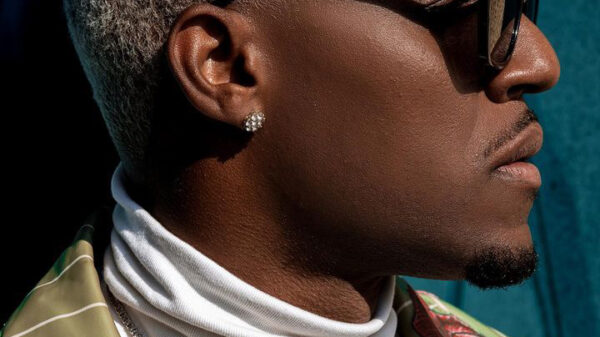Key points:
- Apple has vowed to fix an issue with its iPhone 13.
- It implies that screen fixes performed by informal gatherings break its Face ID highlight.
The maintenance firm found that the new chip guarantees that except if the substitution screen is “coordinated” to the telephone’s one of a kind chronic number, Face ID doesn’t work.
The model contains a chip that “combines” a screen with a particular telephone and requires uncommon programming instruments to “match” another one.
Fix firms have tracked down that without those devices, the facial-ID security work does not work anymore.
Apple, whose repairers utilize the apparatuses, says it will give a product update.
The component has been generally condemned by right-to-fix advocates, who propose it was incorporated to restrict who could fix iPhones.
The issue was first detailed by iFixit, an organization that spends significant time in apparatuses, parts and tech fix guides.
It marked the new connection between screen substitutions and Face ID as a “dim day for fixers, both DIY and expert”.
Approved fixes
The main known existing workaround for autonomous or DIY repairers includes sensitive, difficult work to relocate the chip from the old screen to the substitution.
The method needs expert hardware and preparation, which just a small part of fix shops was able to do, as indicated by iFixit.
Apple told media sources, including The Verge and The Register, an answer would be made accessible in a future update yet gave no date.
It isn’t evident whether the issue was a bug or – as some option to fix advocates contended – part of a more extensive move by Apple to confine outsider fixes.
Apple has frequently been marked one of the primary adversaries of right-to-fix enactment, supposedly contending that permitting buyers to fix their gadgets could prompt injury.
The organization’s prime supporter, Steve Wozniak, who made the principal Apple machines in a carport with Steve Jobs during the 1970s, has communicated support for the option to fix development, saying Apple would not exist without the sort of fiddling fix devotees is lobbying for.
Responding to Apple’s promise, iFixit’s Kevin Purdy stated: “It’s a decent day if media consideration and public pushback pressured Apple to reveal more than was prudent.”
However, he additionally cautioned that it was “a perpetual battle”.
“Apple – and the many organizations it motivates – will progress again with more parts lockdowns, more element decreases, more justifications for why just their beneficial fix places can accomplish this work,” he said.

Raven Walker is a seasoned editor at Forbes People, with over 10 years of experience in the field of journalism. With a passion for storytelling, Raven has built a reputation as a skilled and dedicated editor, known for her ability to bring compelling narratives to life.











































